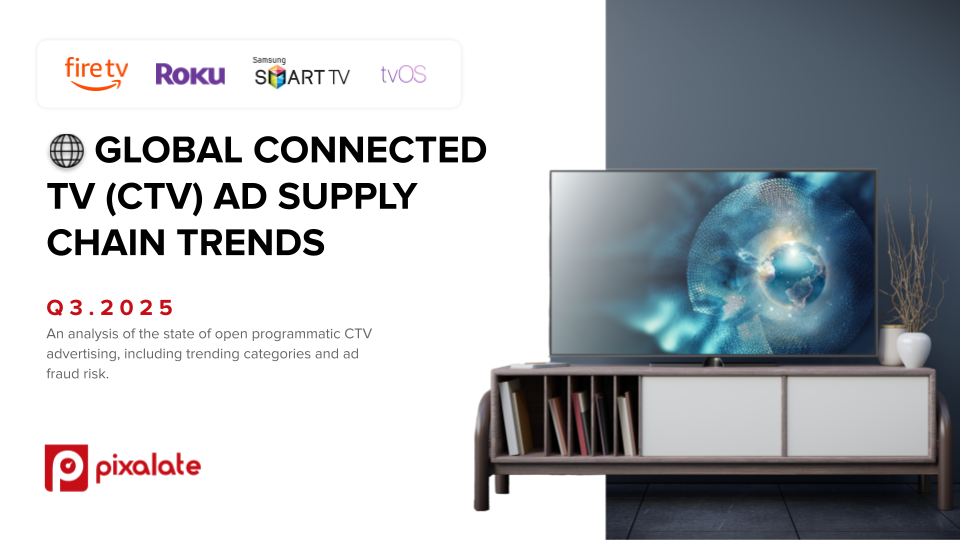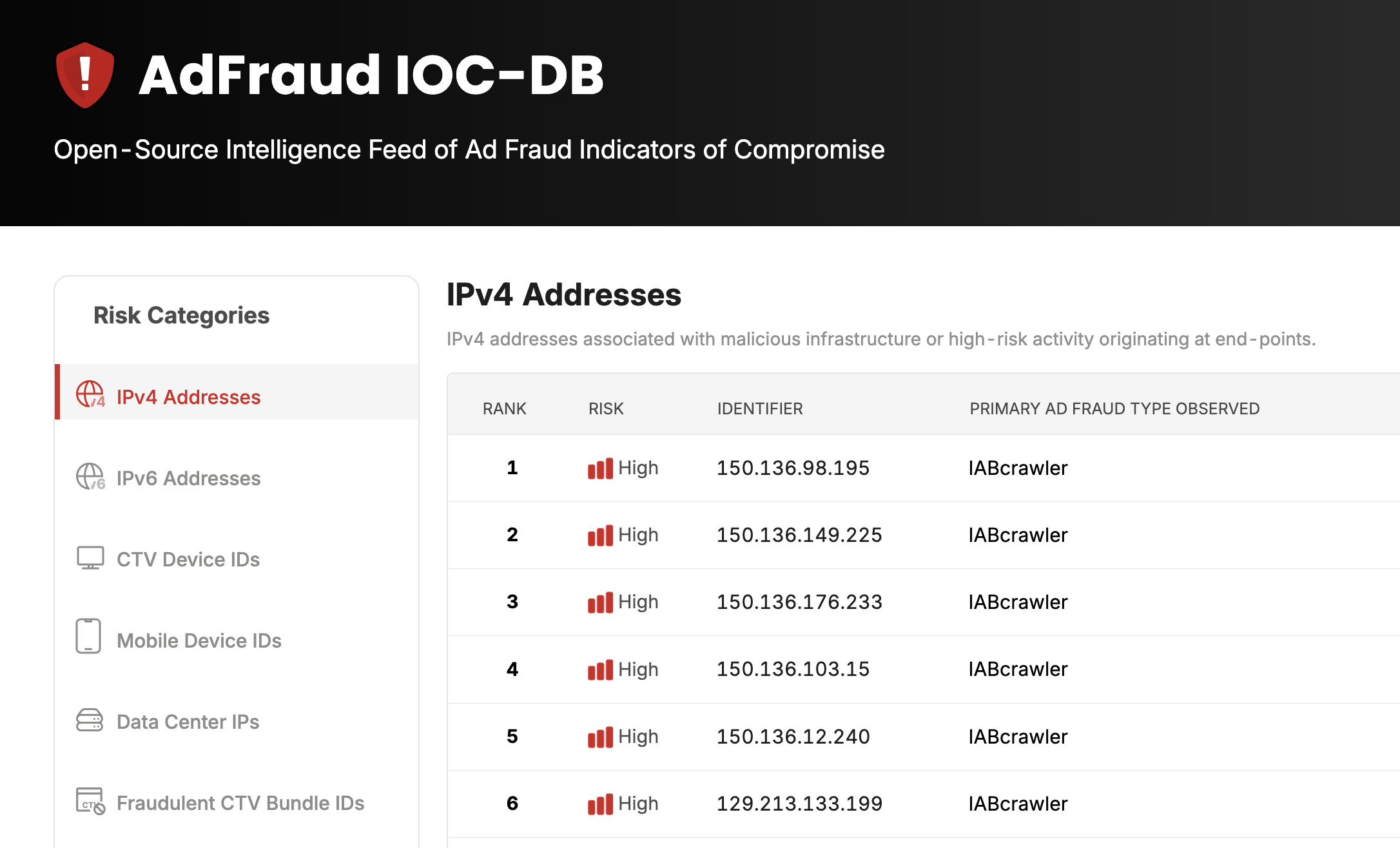Pixalate adds Samsung Smart TV to research and finds 39% of global open programmatic ad spend on Samsung targets apps referred to by 10+ Bundle IDs as of Q2 2023
LONDON, August 3, 2023 -- Pixalate, the market-leading fraud protection, privacy, and compliance analytics platform for Connected TV (CTV) and Mobile Advertising, today released the Q2 2023 CTV Bundle ID Mapping Report. Pixalate conducted a study of billions of open programmatic CTV ad transactions in Q2 2023 to provide insights into the scale of variations in CTV Bundle IDs.
A “Bundle ID” is a string of characters that advertisers and ad platforms use to identify specific apps, such as Hulu. However, there is no standardization around the syntax of Bundle IDs. This has created significant confusion around targeting and measurement, and ad fraudsters are exploiting this programmatic ad supply chain vulnerability. Pixalate conducted in-depth research on this issue in our September 2022 CTV’s Bundle ID Crisis blog post.
Key Findings in Pixalate’s Q2 2023 CTV Bundle ID Mapping Report
According to Pixalate’s Q2 2023 CTV Bundle ID Mapping Report, the CTV Bundle ID crisis continues to be a problem for the industry:
- 83% of open programmatic ad spend on Samsung Smart TV apps goes to apps referred to by 2+ Bundle IDs
- Apps referred to by 2+ Bundle IDs on Amazon Fire TV have decreased slightly to 37% (from 38% in Q1 2023).
- 88% of open programmatic ad spend on Roku CTV apps goes to apps referred to by 2+ Bundle IDs, a slight increase from 86% in Q1 2023.
In Q2 2023, over 25% of apps had multiple bundle ids across all three CTV platforms, with the share as high as 44% for Roku apps

In addition, over 83% of ad spend on all three CTV platforms went to apps with 2+ Bundle IDs. Apps with 10+ Bundle IDs covered 41% of Roku ad spend.

As for solutions to this crisis, Pixalate’s Bundle ID to App store ID mapping APIs can help by consistently handling Bundle IDs and ensuring that accurate tracking, measurement, and reporting is in place. Additionally, the IAB Tech Lab has issued guidelines for the use of app IDs and OpenRTB 2.6 has offered support for Channel and Network Objects information to avoid overloading the Bundle ID field. By taking these proactive steps, the industry can help ensure the continued growth and success of the CTV ecosystem.
Download the Reports
You can access Pixalate’s Q2 2023 Connected TV (CTV) Bundle ID Mapping Reports here:
About Pixalate
Pixalate is the market-leading fraud protection, privacy, and compliance analytics platform for Connected TV (CTV) and Mobile Advertising. We work 24/7 to guard your reputation and grow your media value. Pixalate offers the only system of coordinated solutions across display, app, video, and CTV for better detection and elimination of ad fraud. Pixalate is an MRC-accredited service for the detection and filtration of sophisticated invalid traffic (SIVT) across desktop and mobile web, mobile in-app, and CTV advertising. www.pixalate.com
Disclaimer
The content of this press release, and the Q2 2023 CTV Bundle IDs Mapping Report (the “Report”), reflect Pixalate's opinions with respect to factors that Pixalate believes may be useful to the digital media industry. Pixalate’s opinions are just that, opinions, which means that they are neither facts nor guarantees; and neither this press release nor the Report are intended to impugn the standing or reputation of any entity, person or app, but instead, to report findings and apparent trends pertaining to apps from the Roku and Amazon Fire TV CTV app stores.






